Abyssinian Appetites: Navigating the World of Cat Diets for Optimal Health
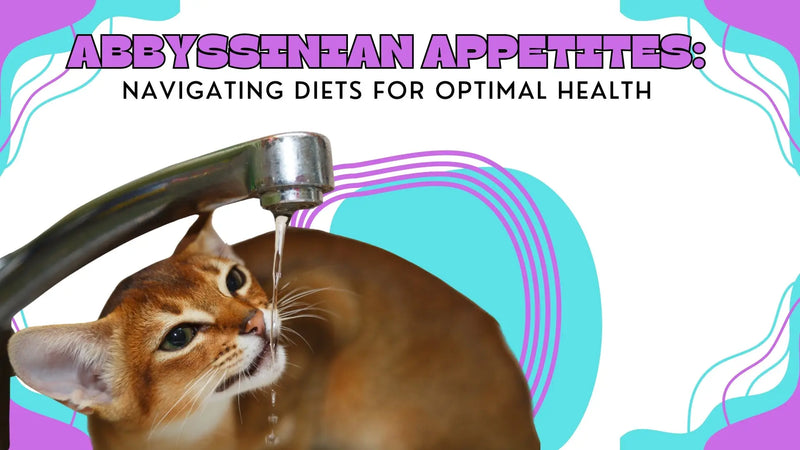
Introduction
As devoted cat owners, it’s only natural to want the best for our feline friends. Understanding their dietary needs is essential for ensuring they lead healthy and fulfilling lives. In this guide, we’ll explore the unique dietary requirements of Abyssinian cats and how to provide optimal nutrition for these charming companions. Not only for Abyssinian kittens, but also to all feline breeds. You can explore and discover more in our related article: Unlocking the Nutrient Requirements of Your Purebred Kitten: A Comprehensive Guide.
Exploring Abyssinian Appetites
The Unique Dietary Needs of Abyssinian Cats
Abyssinian cats are known for their energetic and playful nature. To support their high activity levels, a balanced diet is crucial. Their lean physique and fast metabolism require a diet rich in proteins and essential nutrients.
For tips on selecting the right food for your active feline, check out our article: Recommended Diet and Exercise Routines for Abyssinian Cats.
Tailored Nutrition for Abyssinian Kittens
Abyssinian kittens have specific dietary needs to support their growth and development. During this critical stage, a diet rich in high-quality proteins and essential fatty acids is vital for their well-being.
If you're bringing home a new kitten, our guide on Kittens: Ultimate Kitten Nutrition Guide: Tailoring Your Purebred's Diet for Optimal Health is a must-read!
Optimal Protein Sources
Quality is paramount when it comes to protein sources for Abyssinians. Lean meats like chicken, turkey, and fish provide the necessary amino acids for muscle development and overall health.
The Role of Omega-3 Fatty Acids
Abyssinians benefit greatly from Omega-3 fatty acids found in fish like salmon. These essential fats support heart health, cognitive function, and help maintain a glossy coat.
Hydration: The Unsung Hero of Cat Diets
Proper hydration is just as important as diet. Ensuring your Abyssinian stays well-hydrated supports digestion, kidney function, and overall vitality.
Common Mistakes in Abyssinian Cat Diets
Avoiding pitfalls in cat nutrition is essential for their health. Learn about common mistakes that can inadvertently harm your Abyssinian’s well-being.
Understanding Food Allergies and Sensitivities

Like any other breed, Abyssinians can have food sensitivities. Identifying and addressing these issues promptly can lead to a happier, healthier cat.
If you suspect food allergies, read our article: Critical Foods to Avoid for Purebred Cats: Protect Your Cat Companion.
FAQs (Frequently Asked Questions)
Q: Can I feed my Abyssinian cat a vegetarian or vegan diet?
A: While it’s possible, it’s not recommended. Cats are obligate carnivores, meaning they require nutrients found in animal products to thrive.
Q: How often should I feed my Abyssinian cat?
A: Adult Abyssinians should be fed twice a day, while kittens require more frequent meals, typically three to four times a day.
Q: What treats are suitable for Abyssinians?
A: Opt for healthy, protein-rich treats like freeze-dried chicken or salmon. Avoid treats high in fillers and artificial additives.
Q: Can I prepare homemade meals for my Abyssinian cat?
A: Yes, but consult with a veterinarian or feline nutritionist to ensure the diet meets all their nutritional needs.
Q: How do I transition my Abyssinian cat to a new diet?
A: Gradually introduce the new food over 7-10 days by mixing it with their current diet, increasing the new food ratio each day.
Q: What signs indicate that my Abyssinian cat is not tolerating their current diet?
A: Watch for symptoms like vomiting, diarrhea, lethargy, or changes in coat quality. If you observe these, consult your veterinarian promptly.
Conclusion
Navigating the world of cat diets for optimal health is a rewarding journey for both you and your Abyssinian companion. By understanding their unique dietary needs and providing the right nutrition, you’re setting the foundation for a long, happy, and healthy life together.
For more insights into Abyssinian cats, Contact Us and we'll be more than happy to answer all of your questions. If you’re considering bringing home an Abyssinian kitten, Check Our Available Abyssinian Kittens for Sale and learn about our Adoption Process to reserve your new furry family member today!




























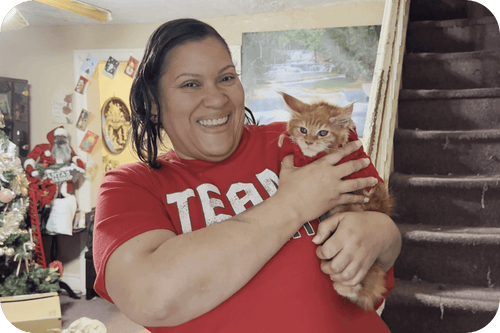








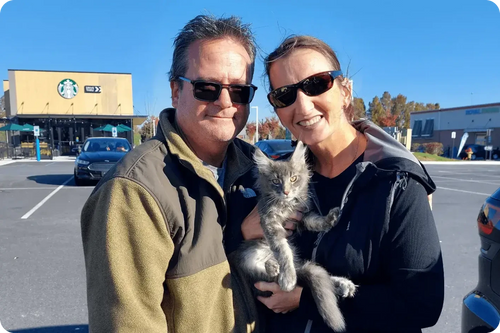



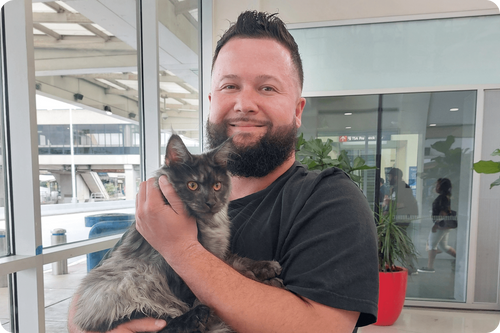














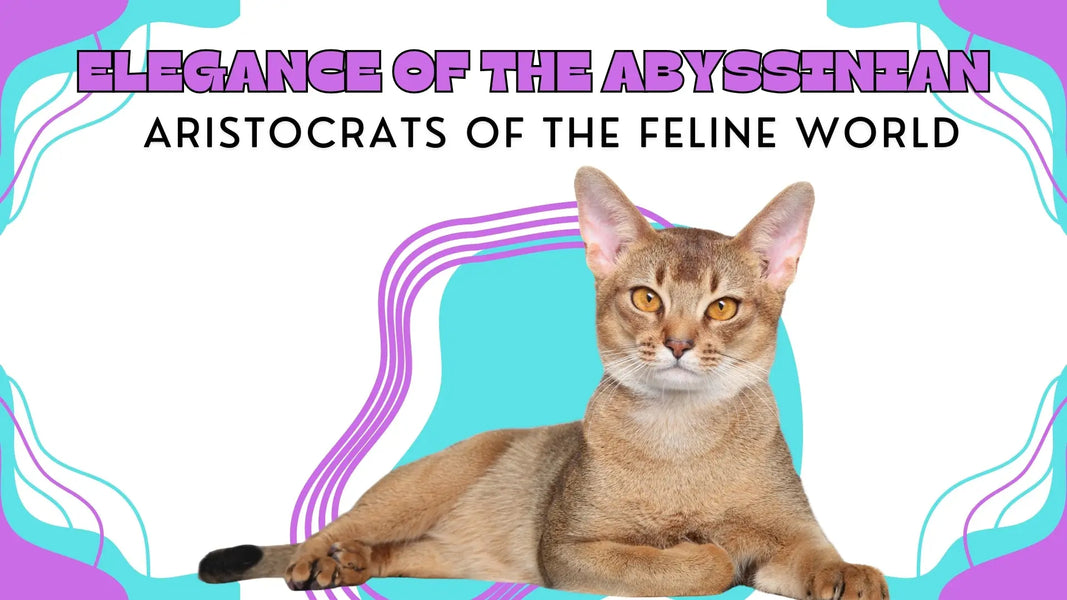
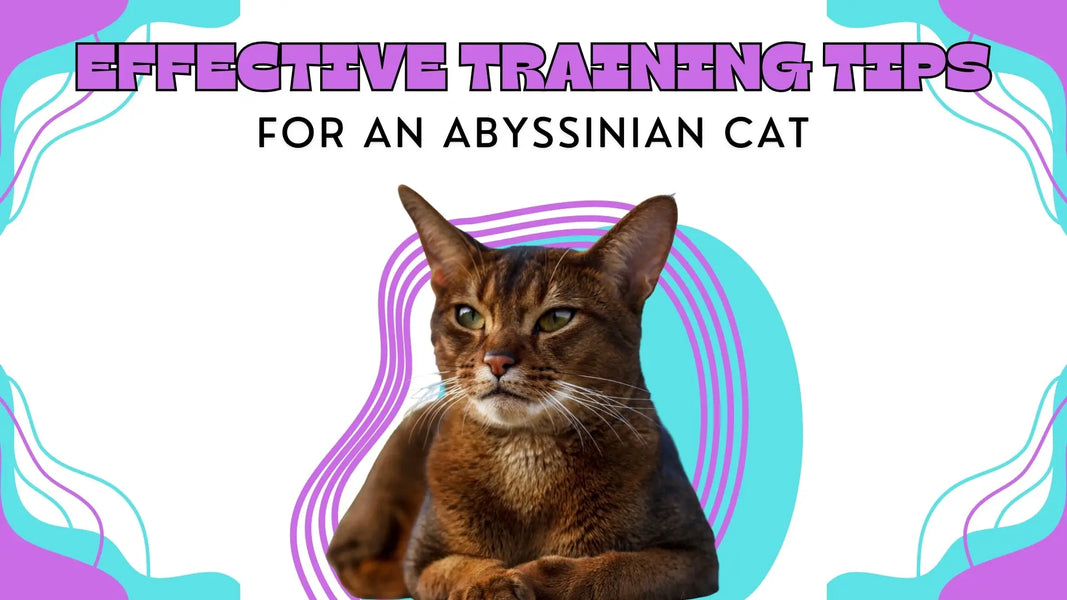




Comments(0)